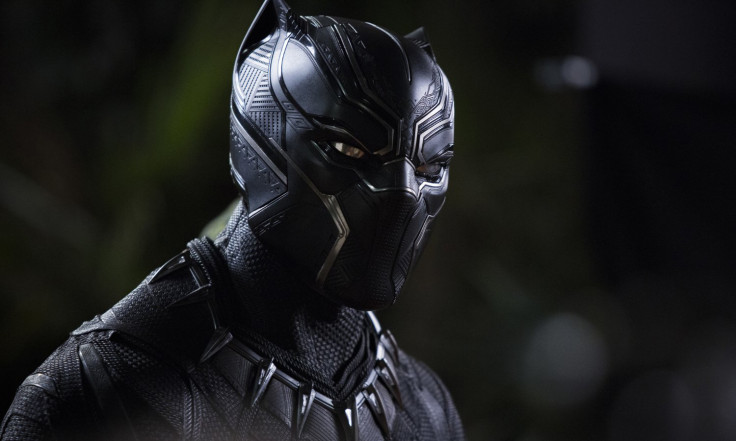What Black Panther and its end credits scenes mean for Avengers: Infinity War
Spoiler warning!
With the release of Black Panther, all the pieces are finally in place ahead of Avengers: Infinity War - part one of the climatic superhero epic that the last ten years of Marvel Studios movies have built towards.
Like the best Marvel Cinematic Universe (MCU) entries Black Panther features characters we've met before and hints toward the future, while also working as a standalone story that properly introduces audiences to Chadwick Boseman's T'Challa and his nation of Wakanda.
However, how does it connect to the grander MCU story and what do its two credits scenes tell us?
Warning: Full spoilers for Black Panther follow.
The mid-credits scene takes place at the United Nations where King T'Challa, accompanied by Nakia (Lupita Nyong'o) and Okoye (Danai Gurira), informs the assembled delegates that Wakanda is ready become a player on the world stage.
The fictional African country is prosperous and technologically advanced thanks to the immense amount of the valuable metal vibranium below its surface.
Fearful that knowledge of this resource would cause more powerful nations to invade, Wakanda shut itself off from the rest of the world long ago, appearing to the uninformed like a desolate, third-world country.
Central to the film is a debate over whether Wakanda should step out from behind its veil and use its knowledge, technology and resources to help people around the world.

It's in this scene that Wakanda officially reveals itself to the world, which should have big implications for the future of the MCU. The country will instantly become one of the most powerful on the world stage and, as its leader, T'Challa one of the world's most important figureheads.
It could mean a more futuristic MCU overall, but more directly for the Black Panther series, it sets up sequels that deal with outside influences looking to take advantage of, or just flat-out steal what Wakanda has.
The post-credits scene is more directly tied to Infinity War. We see Wakandan children in a hut watching an unseen man as he wakes up. We see its Bucky Barnes/The Winter Soldier (Sebastian Stan) who arrived in Wakanda with Captain America (Chris Evans) at the end of 2016's Civil War.
Bucky opted to be cryogenically frozen over fears that he still posed a danger to the world, given how he was manipulated by Helmut Zemo (Daniel Bruhl), who had access to the spoken activation codes capable of brainwashing him.
Bucky walks toward T'Challa's sister Shuri (Letitia White), who aided his recovery, and thanks her. In the Infinity War prequel comic we find out what happened. Shuri created a "one-to-one digital representation" of Bucky's brain so she could work on de-programming him without damaging the human mind.
It works. Bucky seems in good health, setting up his inclusion in Infinity War. As we saw in the film's first trailer, Wakanda is set to be invaded by the forces of Thanos (Josh Brolin), so Bucky will be needed. Next up, he's going to need a new arm.
There was no sign of Cap during Black Panther or its credits scene. The aforementioned comic explains he has been on a mission taking down a group smuggling alien tech into the US, which would explain his whereabouts.
That's really it for big connections to the upcoming battle against Thanos. Fans had speculated we might discover that the sixth and final infinity stone (the stones Thanos is after to gain control over the universe) is in Wakanda, but there was no hint suggesting so.
With everything in place, all that's left is a couple of months of waiting before Avengers: Infinity War is released in the UK on 27 April.
Black Panther will hit cinemas in the UK tomorrow (13 January).






